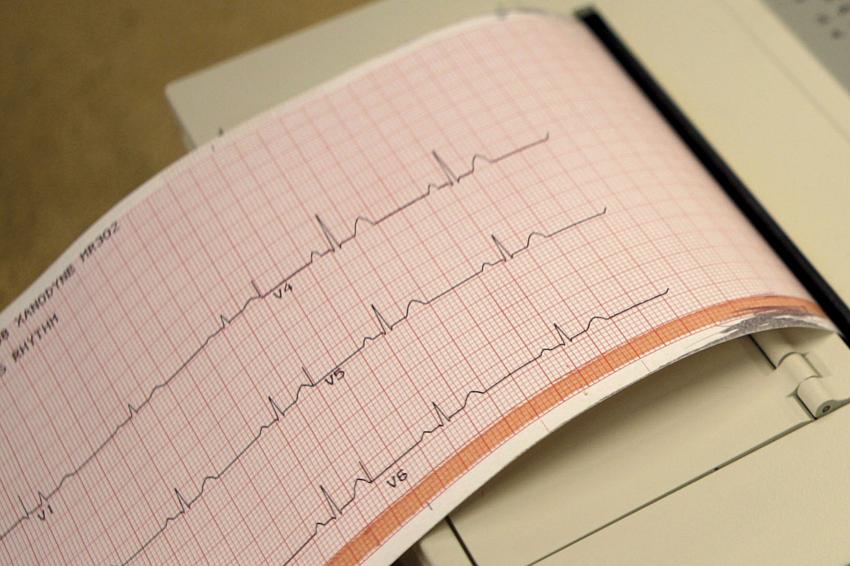Americans spending more out-of-pocket on mental health than physical health

Many insured Americans go out of network for mental health services, a new study suggests, despite the higher costs to them and despite a federal law mandating that policies' mental health coverage be at least as good as their physical health coverage
Americans with health insurance were spending more out of pocket on mental health services, such as treatment for substance abuse, than on conditions like diabetes and heart failure, researchers found. The reason: many were getting mental health care out of network, according to a report published in JAMA Network Open.
"Consumers need to be better informed about the provider networks they are signing up for," said study leader Wendy Xu, from the division of health services management and policy in the College of Public Health at The Ohio State University. "Sometimes they don't know that their provider is not on the plan they are signed up for."
While the parity law mandates that co-pays and other costs be the same whether care is for a physical or a mental ailment, it doesn't dictate the number of mental health providers that need to be in a network, Xu said. So it's possible that some plans "don't have enough providers."
That would mean patients facing long waits might choose to go outside the network for quicker access to care, Xu said, adding that this is a topic for further study.
To take a closer look at the costs of mental health care among people with private insurance coverage, Xu and her colleagues turned to the Truven Health MarketScan Commercial Claims and Encounters Database, a nationwide claims database that includes detailed information on treatment episodes, such as detailed diagnoses, procedures and care settings. The database also includes information on whether the clinicians and facilities were in the patient's insurance network and contain actual reimbursement based on network status.
Focusing on data from 2012-2017, the researchers identified 3.2 million adults with mental health conditions, 294,550 with alcohol use disorders, 321,535 with drug use disorders, 178,701 with heart failure and nearly 1.4 million with diabetes with coverage under employer-sponsored insurance plans.
Patients with behavioral health conditions were more likely than those with physical health problems to end up seeing out-of-network physicians. For example, those with drug use disorders were 12.9 percentage points more likely to receive out of network inpatient care than those with chronic heart failure and 15.3 percentage points more likely to receive out of network outpatient care.
Costs were also higher for those with behavioral health issues. On average, individuals with mental health conditions ended up paying $341 more than those with diabetes. Those with drug use disorders ended up paying $1,242 more than those with diabetes.
The findings did not surprise Dr Albert Wu, an internist and professor of health policy and management at the Johns Hopkins Bloomberg School of Public Health
"This paper validates things I experience in my practice every day and that my patients complain about," Wu said. "People with behavioral health problems bear a really heavy burden of healthcare costs and this is true even for privately insured adults."
Part of the problem may be a shortage of mental health professionals, Wu said. "It difficult even for a physician caring for insured patients to find a trusted provider who has availability of appointments in a timely manner," he said. "Those providers who are available are always full, but more than that, perhaps, the majority of these physicians decline to participate in plans because the payments are too low. Many don't even accept private insurance and simply ask people to pay out of pocket.
Things might improve if reimbursement rates went up, Wu said. "These specialties are the least well paying," he added.
